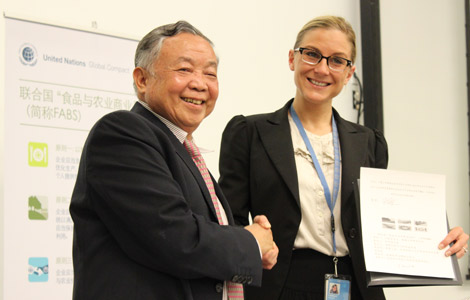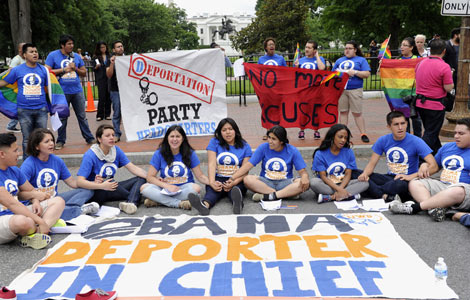Rebels in Iraq take control of 2nd-biggest city
Updated: 2014-06-11 07:17
By Agence France-Presse in Mosul, Iraq (China Daily)
|
||||||||
Gunmen seized Iraq's second-largest city on Tuesday as troops threw away their uniforms and abandoned their posts, officials said, in another blow to the authorities, who appear incapable of stopping militant advances.
Predominantly Sunni Muslim Mosul, 350 kilometers north of Baghdad, has long been a militant stronghold and one of the most dangerous areas in the country.
Capital of Nineveh province, it is the second city after Fallujah, west of the capital, that the government has lost this year.
"The city of Mosul is outside the control of the state and at the mercy of the militants," an interior ministry official told AFP, saying soldiers had fled after removing their uniforms.
Adding that the gunmen were Sunni, he said they announced over loudspeakers that they had "come to liberate Mosul and would fight only those who attack them".
A brigadier general in the military command responsible for Nineveh said clashes with hundreds of militants from the jihadist Islamic State of Iraq and the Levant began late on Monday.
He said military units withdrew from the city's east to its west, and then began leaving the city, with the militants now in control.
The militants seized the headquarters of the provincial government and the Nineveh Operations Command as well as the airport, and freed hundreds of prisoners from three jails, according to the officer.
An AFP journalist, himself fleeing the city with his family, said shops were closed, security forces had abandoned vehicles and a police station had been set ablaze.
Militants have launched major operations in Nineveh, Anbar, Diyala, Salaheddin and Baghdad provinces since Thursday, killing scores of people and highlighting both their long reach and the weakness of Iraq's security forces.
In early January, the government lost control of Fallujah, just a short drive from Baghdad.
Violence is running at its highest levels since 2006-2007, when tens of thousands were killed in sectarian conflict between Iraq's Shiite majority and Sunni Arab minority.
More than 900 people were killed last month, according to figures separately compiled by the United Nations and the government.
So far this year, more than 4,600 people have been killed, according to AFP figures.
Officials blame external factors for the rising bloodshed, particularly the civil war in neighboring Syria. But analysts say widespread Sunni Arab anger with the Shiite-led government has also been a major factor.
- Militants launch wave of onslaughts across Iraq
- Jihadi fighters seek to establish new Islamist state on Syria-Iraq border
- Iraq cafe walls are picture-perfect
- China praises parliamentary elections in Iraq
- Iraq's parliamentary elections test hope for change
- 10 killed in attacks on polling centers in Iraq
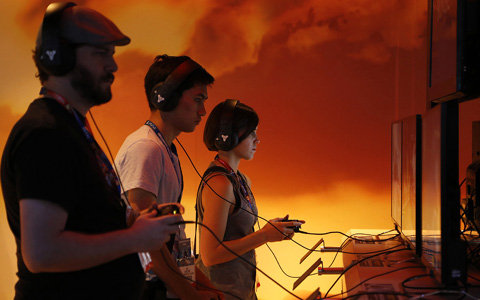
 2014 Electronic Entertainment Expo kicks off in LA
2014 Electronic Entertainment Expo kicks off in LA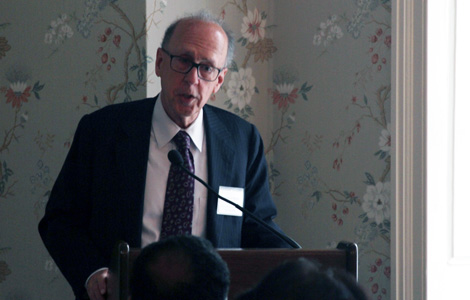
 China, US should rebalance economic strategies: expert
China, US should rebalance economic strategies: expert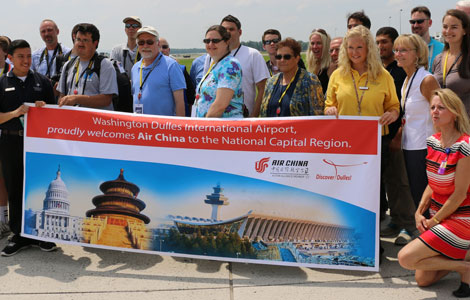
 Air China makes maiden direct flight to Washington
Air China makes maiden direct flight to Washington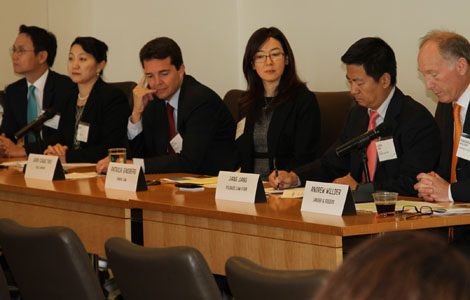
 China's reforms offer opportunities, challenges: panel
China's reforms offer opportunities, challenges: panel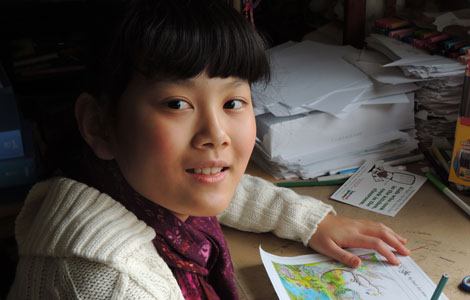
 Chinese-American Girl takes over Google's homepage
Chinese-American Girl takes over Google's homepage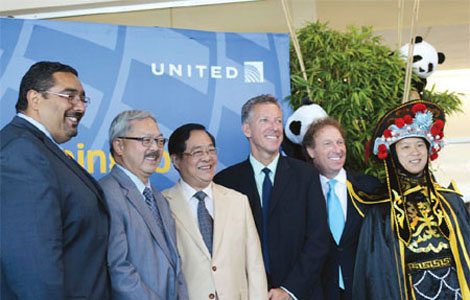
 United goes direct to Chengdu
United goes direct to Chengdu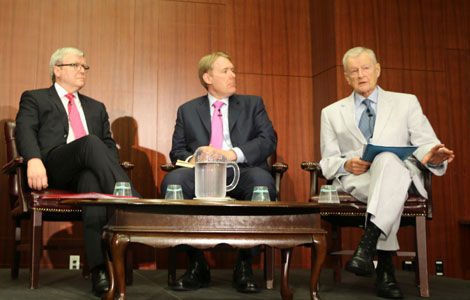
 China-Russia-US triangle discussed in Washington
China-Russia-US triangle discussed in Washington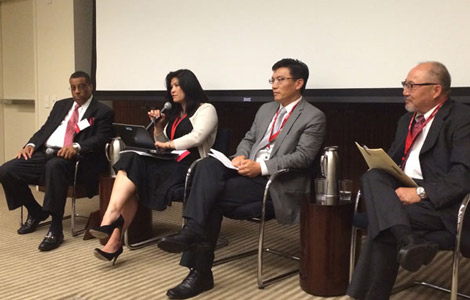
 Asian Americans see moving up US corporate ladder as difficult
Asian Americans see moving up US corporate ladder as difficult
Most Viewed
Editor's Picks

|

|

|

|

|

|
Today's Top News
China rejects US accusation of cyber attacks
Clinton tests waters for WH run in book tour
2 dead after high school shooting
US businesses ramped up job searches in April
House panel bars US funds for Guantanamo transfers
China calls for peaceful settlement of maritime disputes
Chinese IPOs lead US offers in returns by 19%
China-Russia-US triangle discussed in Washington
US Weekly

|

|
